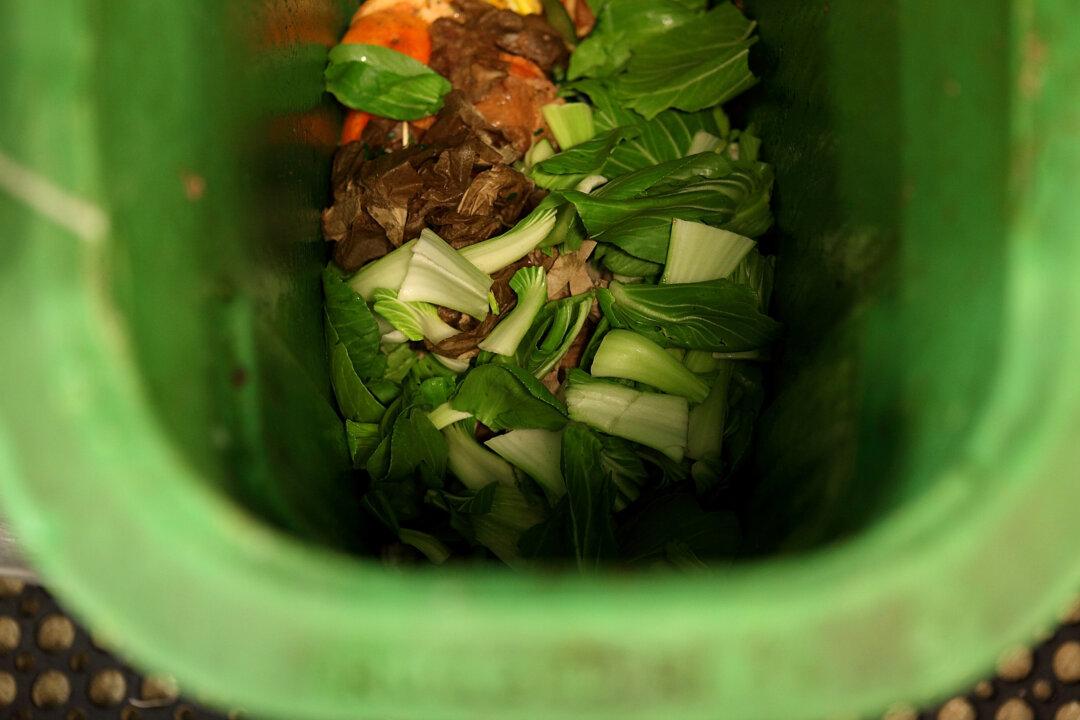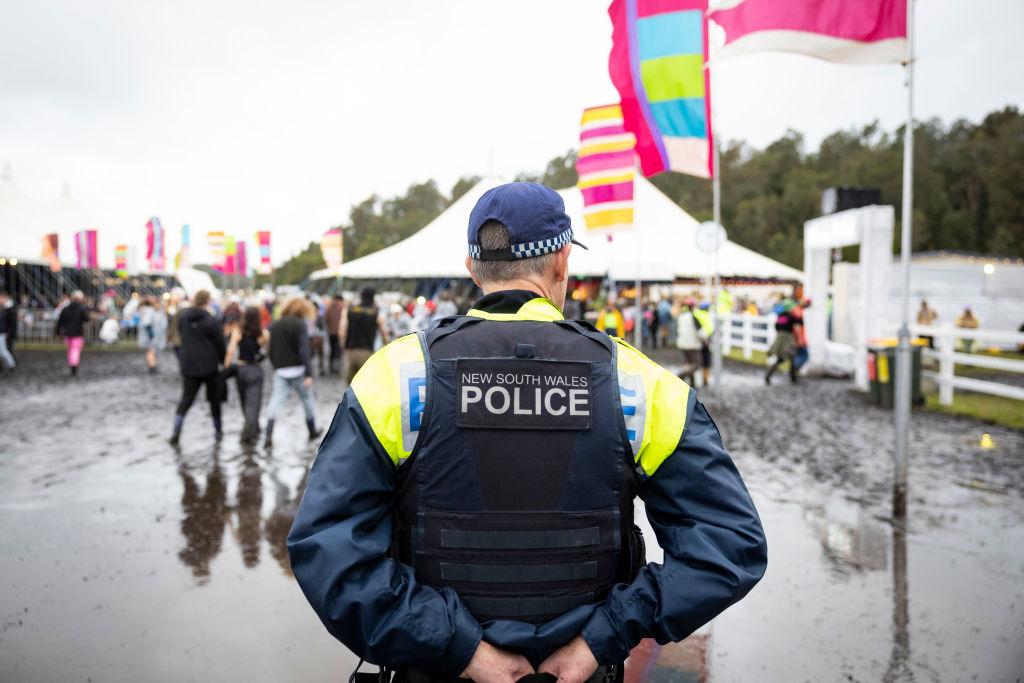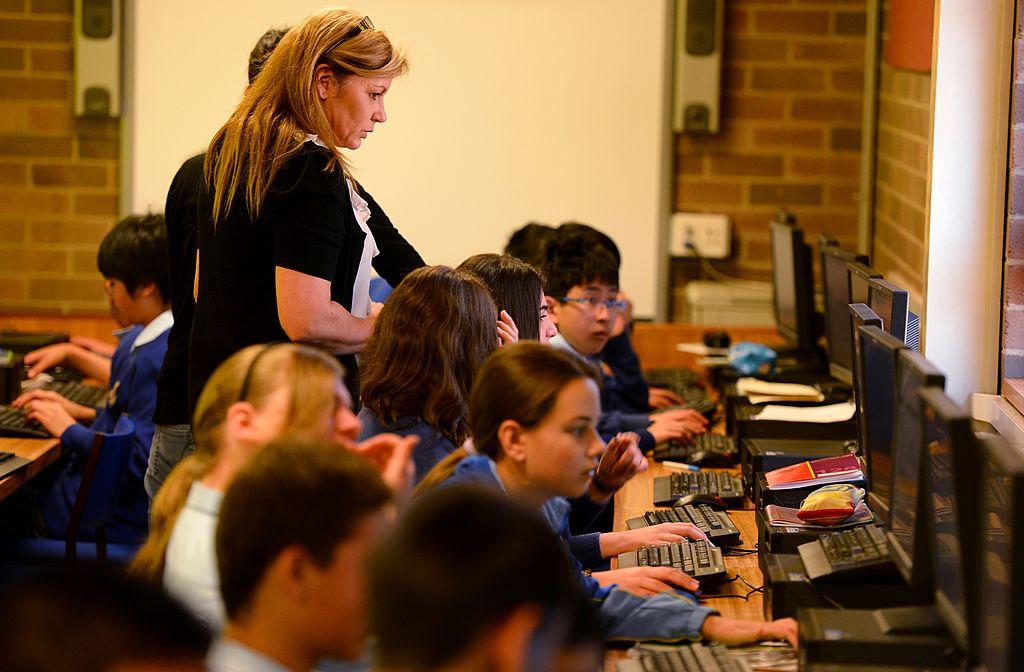The Australian Renewable Energy Agency (ARENA) announced a $291,785 grant to Logan City Council’s (LCC) renewable energy study on Oct. 12.
The $648,411 feasibility study investigates diverting household food and green organics (FOGO) into renewable energy (biomethane, biochar and fertiliser prill) at the Loganholme Wastewater Treatment Plant.





